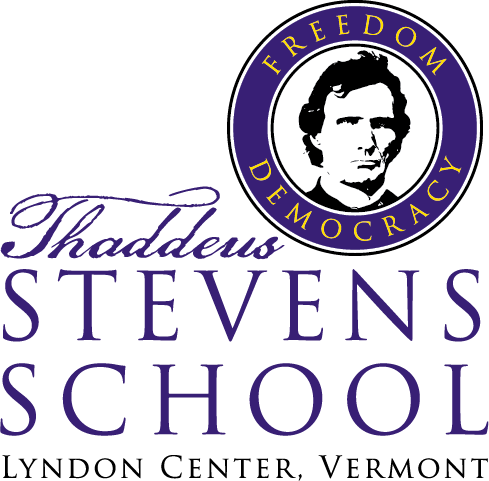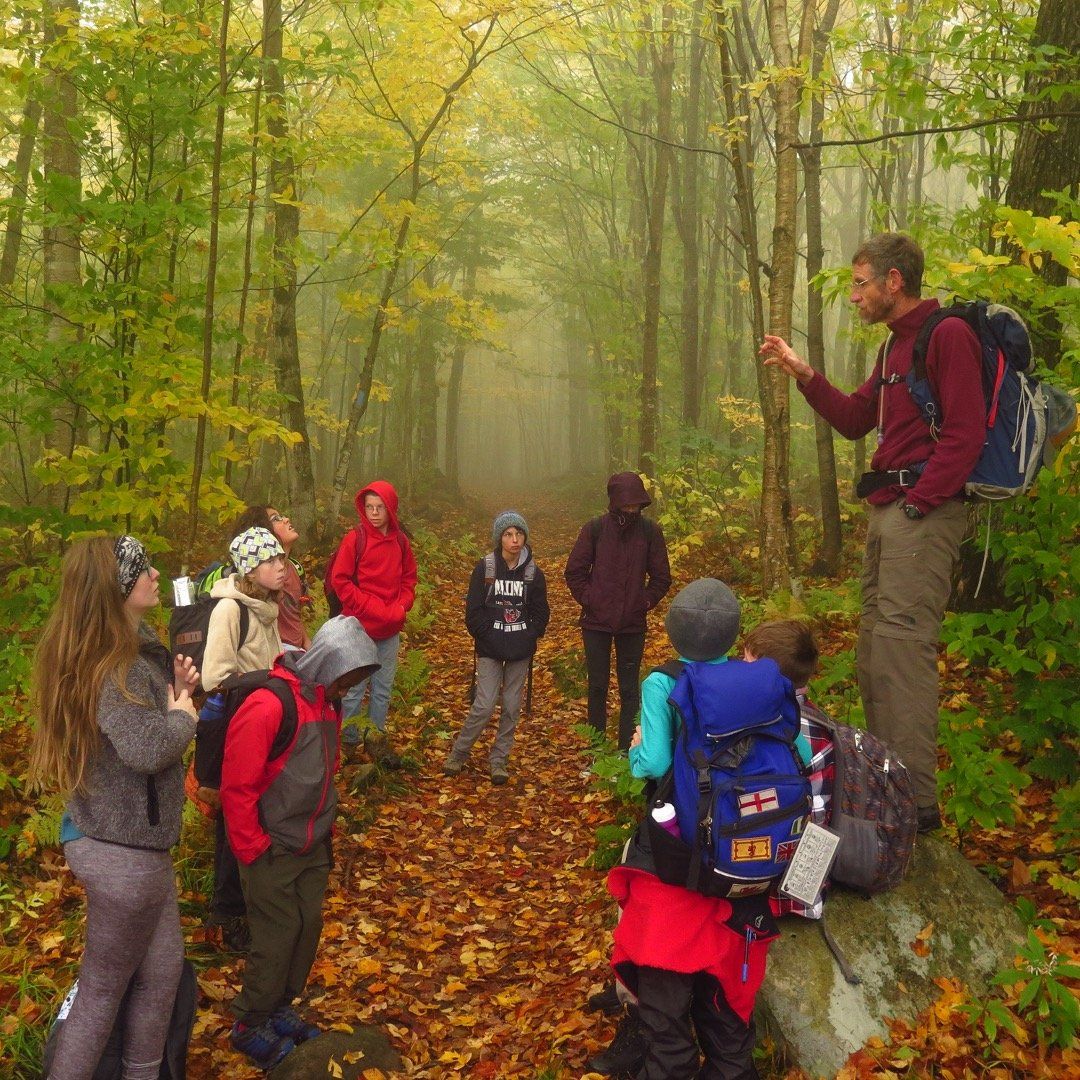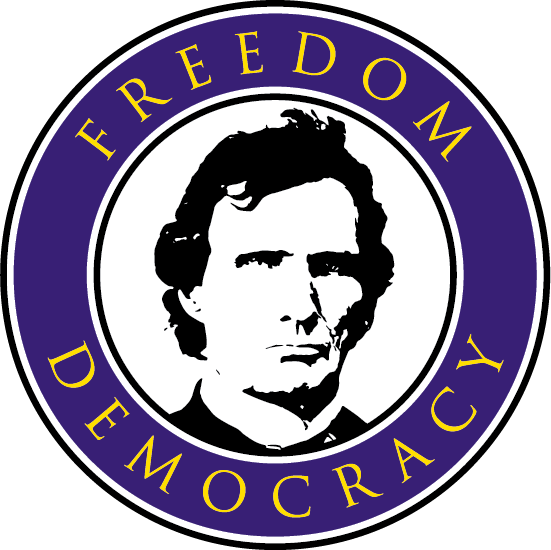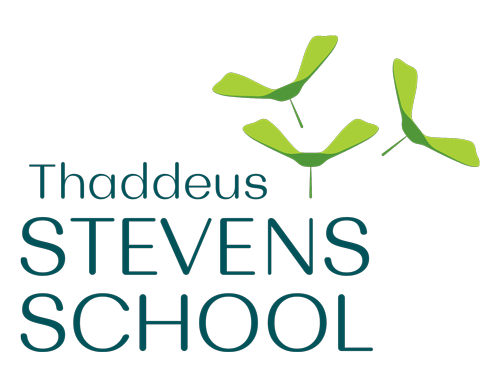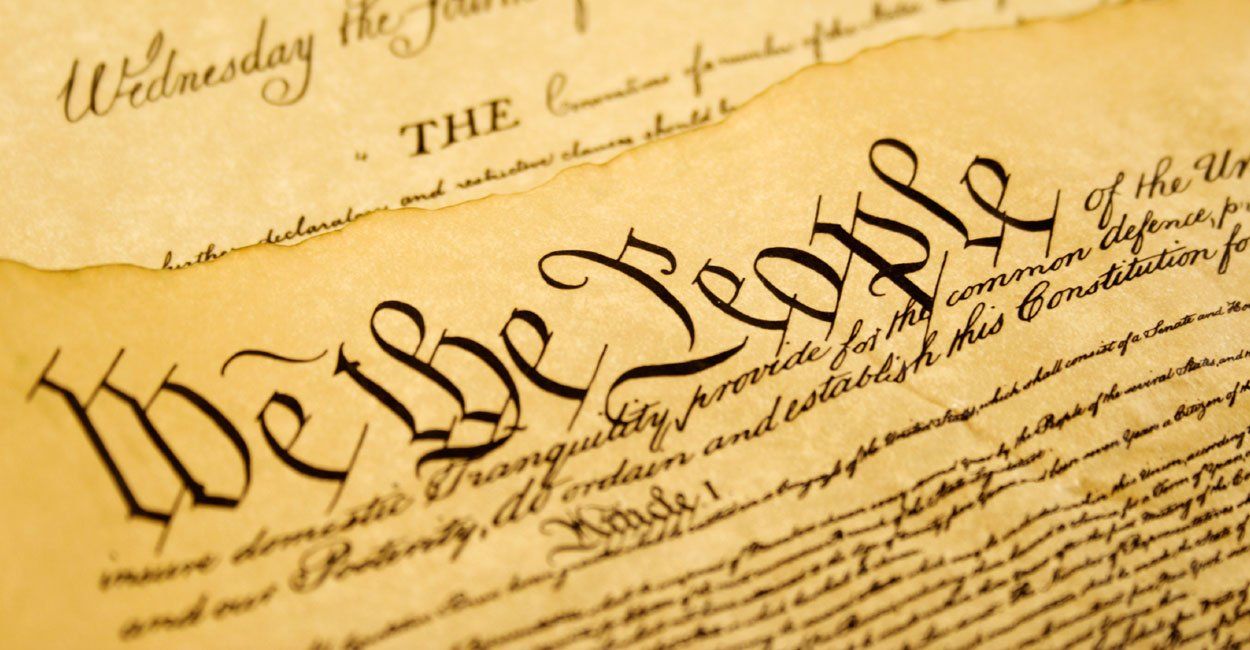Caledonian-Record Guest Opinion
Engaging Students on the Tough Stuff
Julie Hansen, Director, Thaddeus Stevens School
In his book, Democracy and Education, Vermonter John Dewey observed that “as society becomes more enlightened, it is responsible for making a better future society,” and concluded that “the school is its chief agency for the accomplishment of this end.”
While families reel from the story of the lynching attempt in New Hampshire, schools must take seriously their role in cultivating democratic citizens who cherish the pluralism that makes America strong. Schools must commit themselves to fostering a global view of the world that sees diversity and equality as foundational; they play an inescapable role in teaching the democratic foundations of our nation.
Teachers must engage students in the most vital conversation of our time: the increasing racial divide. I recently received an invitation to participate in a webinar entitled “Discussing Race, Racism, and Other Difficult Topics with Students.” It is unacceptable that the most American conversation we could have is still couched in such terms as “difficult” or “uncomfortable.” It is not difficult for the students. They have questions about what they see and read about their own culture and by ignoring it we make the conversation taboo. We teachers are the ones who make it difficult and uncomfortable. Students want and deserve to know the history of the African American in the United States. They would like to know what it is that has made people of color targets of ridicule and even violence. They want to talk about the NFL players who “take a knee,” as well as those who don’t. Our reluctance teaches fearfulness and that stands in direct opposition to the concept of an educated mind. We do not serve students by not discussing an issue that permeates American society.
At least two of the twelve standards for the National Council of Teachers of English address the importance of reading the literature of “other cultures of the United States and the world, to respond to the needs of society” and for students to develop “respect for diversity in language, ethnic groups, and social roles.” Schools cannot adequately fulfill those standards if the only literature they read is authored by a white person. Not all Americans experience America in the same way and we will not unite and stabilize our country unless and until we step into those varying experiences. We cannot foster empathy if we read only of ourselves. We cannot truly understand the African American experience if we only view it through the eyes of white authors.
Marshal McLuhan said, “I don’t know who discovered water, but I can guarantee you it was not a fish.” If we do not remove ourselves from our own fishbowl and assist students out of that same fishbowl, they will not understand the world beyond their personal boundaries.
